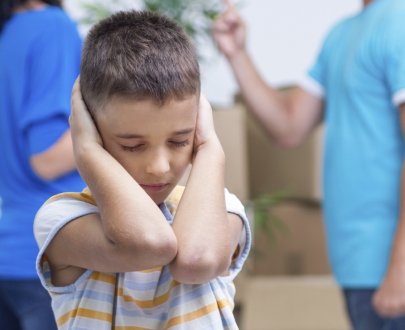
What causes you to stress out?
We each have unique triggers that cause stress but according to Dr. Sonia Lupien, the director of the Center for Studies on Human Stress[1], all stressors have something in common. Scientific research has shown that for a situation to be stressful it must contain one or more of the following characteristics:
N - novelty; something new
U - unpredictability; no way of knowing it could occur
T - threat to the ego; feeling your competence is questioned
S - sense of control; feeling you have little or no control in a situation
Don’t go N.U.T.S. with Stress!
Age Matters
People of all ages experience stress when they encounter N.U.T.S., but how old you are does influence why some situations are more stressful than others. For example, school age children are particularly sensitive to what happens at home. Any family conflict, struggle with poverty or parental anxiety amplifies a stress trigger when you are young. On the other hand, adolescents (12-18 years), while still affected by what is happening at home, are also highly sensitive to situations connected with friendships and popularity.
Parent’s stress is contagious
In her research, Dr. Lupien found a spillover effect of parental stress on children. The more parents are stressed, the more their child will produce high levels of stress hormones. Why? Because when a parent loses control of their emotions and behaviour they become the factor of unpredictability in their children’s lives. Children as young as one year of age show this stress response. Even though they are not conscious of their parents’ stress, their brain mounts the stress response. It’s a survival system. The good news is that when parents act in a way that decreases the novelty and unpredictability in their child’s life they increase their sense of control - and reduce stress.
Using N.U.T.S. to De-Stress
-
Recognize when you (or your child) are stressed and identify what is driving you N.U.T.S. (which of the 4 N.U.T.S. characteristics is causing your stress?)
-
Take steps[2] to prevent and cope with stress.